Essential Oils For Fever: A Guide to Choosing the Right Oils
Lets Explore Essential Oils for Fever
The use of essential oils for fever is an ancient practice that has been around for centuries. Today, essential oils are still widely used in the treatment of fevers and other illnesses due to their therapeutic properties. In this guide, we will explore the potential benefits of using essential oils as a safe and effective way to alleviate fever symptoms. We will also discuss how to choose the right essential oil for your particular fever treatment plan in order to maximize its effectiveness. Additionally, we will cover the top essential oils for fever.
What Are Essential Oils?
Just in case essential oils are not familiar to you, below is a recap;
Essential oils are highly concentrated plant extracts that have been around for centuries. They have many health benefits. These natural compounds can be extracted from leaves, flowers, roots, stems, and other parts of aromatic plants such as lavender and lemon. Essential oils provide a range of therapeutic benefits by assisting with physical, mental and emotional wellness. They contain powerful antioxidants and anti-inflammatory agents that help fight infection, reduce inflammation and promote the healing process within the body. There are many essential oils for fever to consider.

Essential oils are often used in aromatherapy as their fragrant smells stimulate the brain to produce particular responses in the body. Studies have shown that essential oils may reduce stress levels, improve moods and even aid in sleep-promoting activities such as relaxation practices. Essential oils can also be used topically or ingested for a variety of medicinal purposes although this should only be done with proper research and under certain circumstances. Before using essential oils for fever, it is important to have the right information.
What Is A Fever?
A fever is when the body temperature rises above its normal range. A fever can be caused by many different things such as a virus, infection, or reaction to medication. The normal range for body temperature is 98.6°F (37°C). When the body temperature rises above this range it can be an indication of a fever. People with a fever typically have a body temperature of over 100°F (37.8°C) and may experience other symptoms such as fatigue, headaches, and chills. It’s important to monitor your body temperature and see a doctor if it remains elevated for an extended period of time. Chills shivering skin redness indicates a fever.
Benefits of Using Essential Oils for Fevers
Recent scientific research has demonstrated the effectiveness of essential oils in treating fever. Studies have found that certain essential oils, such as peppermint and eucalyptus essential oil, can help reduce fever symptoms such as headache, body aches and fatigue. In one study, it was shown that a mixture of peppermint, lavender and chamomile essential oil were able to significantly reduce temperature levels in patients suffering from fevers.
Additionally, many essential oils possess antiviral properties which can help fight off infections that lead to fevers in the first place. Research has shown that certain essential oils like tea tree oil and oregano oil have strong antiviral effects against common viruses like influenza and rhinovirus. This suggests that using these essential oils may help prevent the onset of fever in addition to relieving existing symptoms.
Finally, studies indicate that using pure essential oils for fever may be safer than using pharmaceutical medications. Many traditional fever-reducing medications can contain harsh chemicals with potentially dangerous side effects if not used correctly. By contrast, most essential oils are natural and generally considered safe when used properly. This makes them an attractive option for those looking for a more natural alternative to conventional medications for fever relief. Carriers like coconut oil make these potent oils safe for topical use. You should never ingest essential oils. Below are the best essential oils for fever.
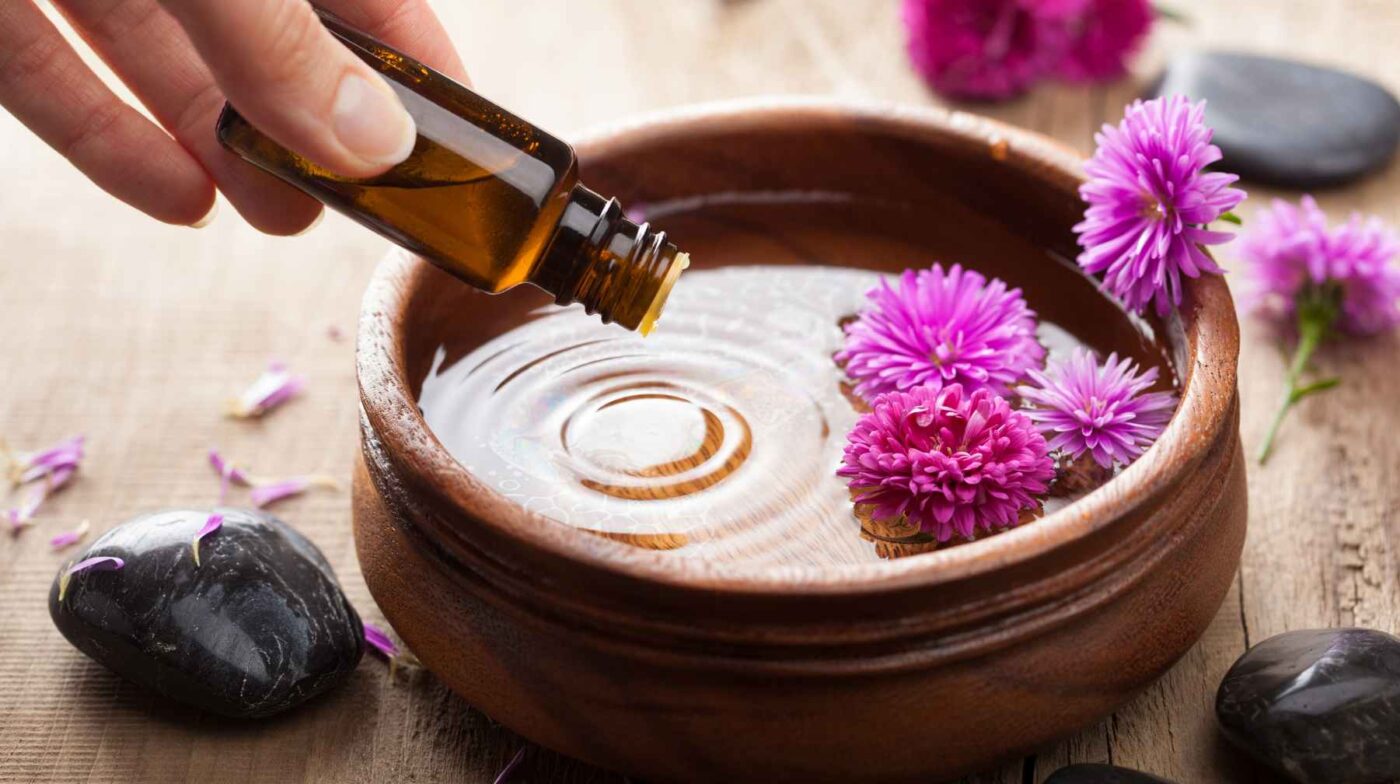
Top 10 Essential Oils For Fever
Lemon Oil: Lemon oil has antioxidant and antiseptic properties that make it helpful in treating fever. It is also thought to help clear congestion associated with the common cold, one of the most common causes of fever. Lemon oil is a great choice for fevers.
Tea Tree Oil: Tea tree essential oil has strong antiviral activity against several common viruses that can lead to fever. Tea tree oil is great for treating fevers as it has anti-inflammatory and antiseptic properties.
First, tea tree oil helps to reduce inflammation, which can help reduce body temperature and the associated fever symptoms. Second, its antimicrobial properties make it a great choice for helping to prevent and treat infections that can lead to fevers.
Eucalyptus Oil: Eucalyptus essential oil is a potent antiviral, antibiotic and anti-inflammatory agent, making it effective against many types of infections that can cause fever. It is also excellent for the immune system.
Eucalyptus oil is a great natural remedy for treating fever. It helps to reduce inflammation and soothe sore muscles, making it ideal for relieving the symptoms associated with fevers. To use eucalyptus oil for fever, simply add a few drops of the oil to a hot bath or compress and apply it directly to the affected area. Additionally, you can also mix some eucalyptus oil with a carrier oil such as coconut or olive oil, then apply it to your chest or back to help break up congestion and ease breathing.
Chamomile Oil: Chamomile oil has both anti-inflammatory and sedative effects which make it ideal for treating fever by reducing temperature levels and helping the body relax.

Lavender Oil: Lavender essential oil is known for its calming and relaxation effects. Lavender oil is a popular and effective remedy for treating fever. It has anti-inflammatory, antispasmodic, and analgesic properties that help reduce the symptoms associated with fever.
It is known to decrease body temperature by reducing inflammation and stimulating blood circulation. Lavender oil also helps reduce stress levels which can help bring down a fever faster. Lastly, lavender oil has soothing, calming effects which can help relieve pain and discomfort associated with fevers.
Rosemary Oil: Rosemary oil contains natural analgesic compounds which may be useful in reducing pain and relieving headache associated with fever. It also contains high amounts of antioxidants which can help boost immunity—which could be useful in fighting off any infection causing the fever in the first place.
Thyme Oil: Thyme essential oil is another natural cure for viral infections that can cause fevers. Its antiseptic properties have been shown to be effective in fighting off respiratory infections as well as other viruses like influenza or rhinoviruses.
Ginger Oil: Ginger oil has both anti-inflammatory and antihistamine properties which may help reduce inflammation caused by a fever as well as any accompanying allergic reactions or congestion due to the immune system’s response to an infection.
Peppermint Oil: Peppermint essential oil has been found to be effective for reducing fever and relieving headache and body aches. It is also able to help relax the body muscles, which can alleviate fatigue. Furthermore, peppermint essential oil has excellent aromatherapy benefits and helps the immune system.
Peppermint oil can be used to effectively reduce fever in both adults and children. The most effective method is to add a few drops of peppermint oil to a warm bath. Alternatively, it can also be added to a compress or inhaled directly from the bottle. When using peppermint oil for fever, it’s important to start with small doses and gradually increase the amount over time as needed. For best results with peppermint oil, seek expert advice before beginning any treatment plan.
Cinnamon Bark Oil: Cinnamon bark essential oil may offer relief from headaches due its ability to stimulate circulation throughout the body, aiding in alleviating pain related to a fever. Just like peppermint essential oil, this is one of the most effective options.
Cinnamon oil can be used to help reduce fevers in adults and children. To use it, mix a few drops of the oil with a carrier oil such as coconut or olive oil, then rub it directly onto the skin over the affected area. For more severe cases, add some cinnamon oil to a hot compress and apply directly to the forehead or chest. Additionally, you may also add five drops of cinnamon oil to your bath water for an extra soothing effect.
Other fever essential oils like frankincense essential oil have been found beneficial in treating fevers. An essential oil blend could also be better when considering fever essential oils. This is yet another boost to the immune system. These are some of the best essential oils for fever.
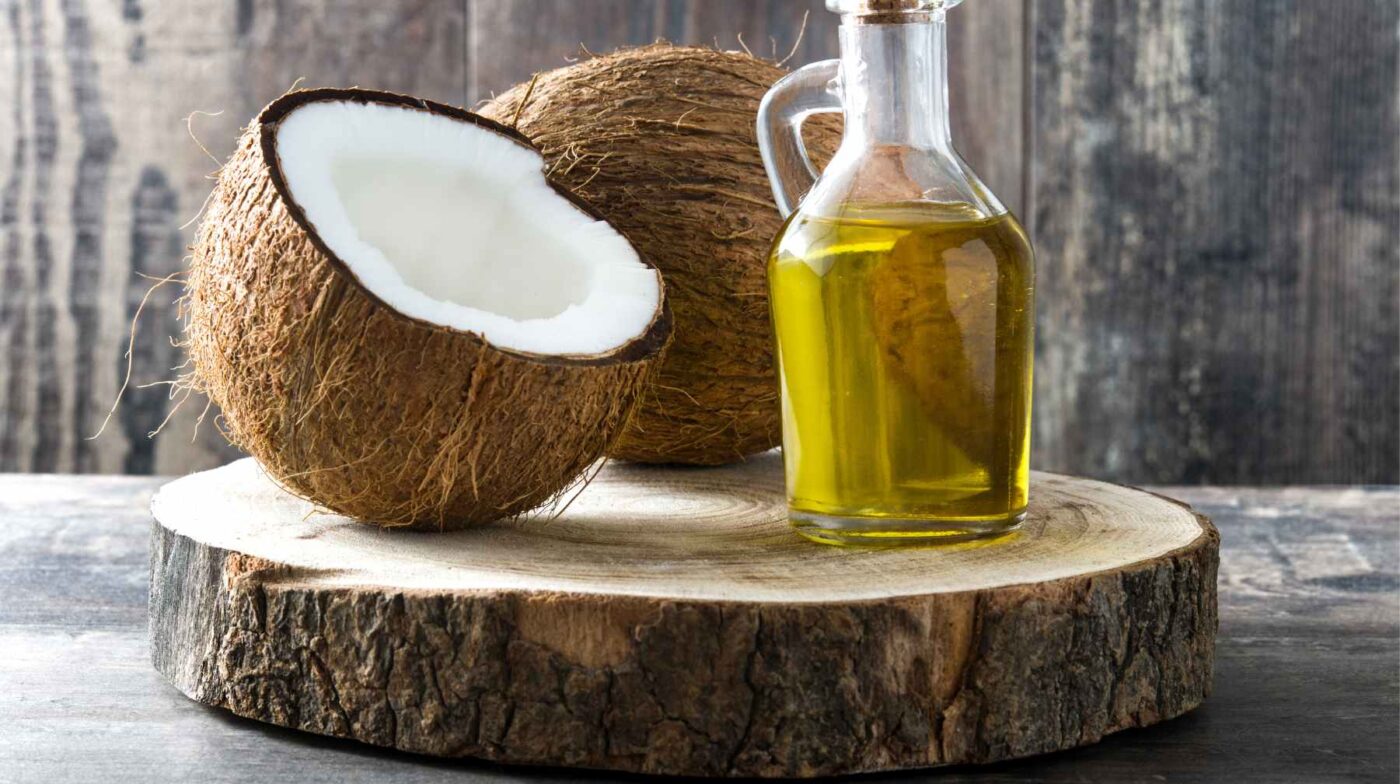
The Best Carrier Oil For Fever Treatment
Certain carrier oils are more beneficial than others when treating fever. These include coconut oil, jojoba oil and sesame oil. They all provide nourishment to the skin and aid in absorption of the essential oils. It’s important to dilute essential oils with a carrier oil before applying them topically to avoid irritation or skin sensitivity. However, using carrier oil that is available to you with the the best essential oils for fever will give you good results.
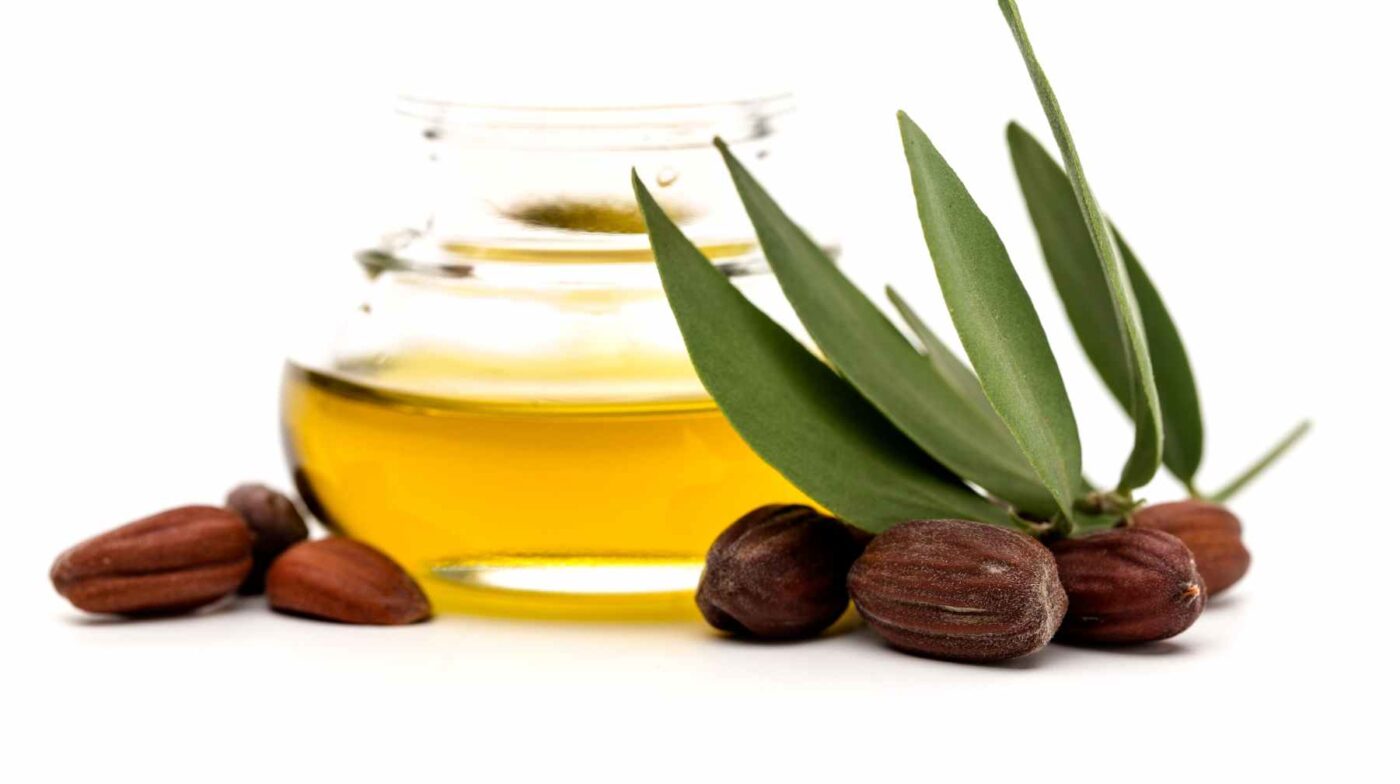
Common Uses of Essential Oils for Fever Relief
Inhalation: Adding a few drops of essential oil to boiling water and inhaling the vapors can help reduce fever symptoms like the body heat. Diffusing essential oils in a nebulizing diffuser is a good method for application.
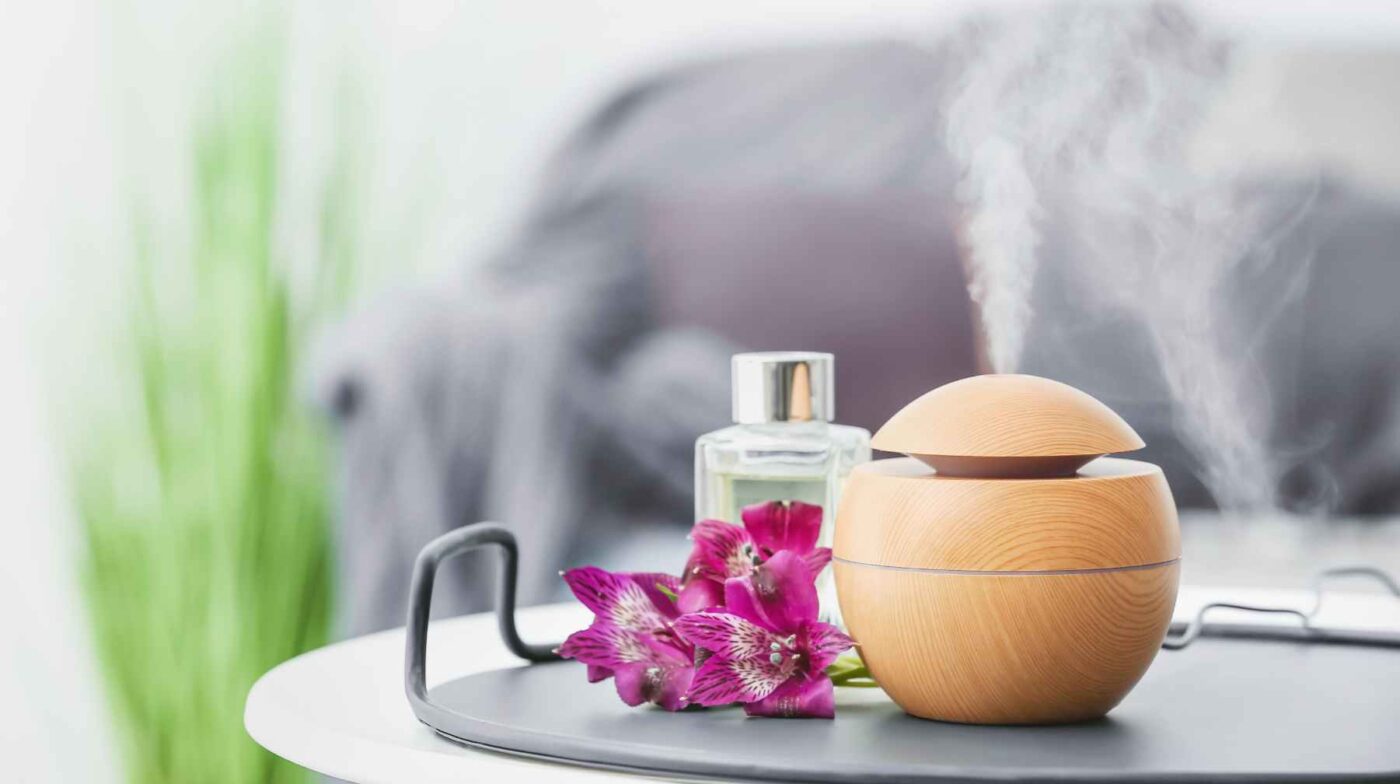
Dilution: Essential oils can be diluted with a carrier oil such as jojoba or coconut, then applied directly to the skin. This method may be useful for fevers accompanied by body aches.
Topical Application: Applying diluted essential oils directly onto affected areas, like the forehead and temples, can provide relief from fever symptoms such as headache and sore throat.
Choosing An Application Method
When choosing an essential oils application method for fever relief, it is important to consider the severity of the fever as well as any accompanying symptoms. For example, if your fever is mild and accompanied by only a headache or sore throat, then an inhalation of undiluted essential oils may be the best choice. However, if the fever is accompanied by body aches or inflammation, then dilution with a carrier oil and topical application may be more appropriate. Additionally, you should always remember to use caution when applying essential oils directly to the skin. Carrier oil in the right quantity will effectively make oils safe.
Choosing the Right Essential Oils for Fever Treatment Plan
When selecting an essential oil for fever treatment, four important factors to consider are:
Safety: Make sure that the oil you choose is safe for topical application and has not been diluted with chemical-based additives.
Effectiveness: Research the properties of different oils and find one that specifically targets fever symptoms.
Dosage: Depending on the severity of the fever, your recommended dosage may differ from that provided by other sources.
Delivery Method: Consider which delivery method works best for you— inhaling, dilution or topical application— and select an essential oil compatible with this method.
Tips To Choose The Ideal Essential Oils For Fever
Here are 7 tips for researching and testing different types of essential oils to determine which one is best suited for your needs:
Read reviews: Read online reviews and consumer reports to get an idea of the efficacy of different essential oils.
Research properties: Research the properties and benefits offered by each oil. Check if it has anti-inflammatory or analgesic qualities, and other beneficial qualities that suit your needs. Also, look at oils that benefit the immune system to prevent infection-related fevers in the first place.
Ask around: Ask friends and family who have used essential oils before to hear their experiences and advice on what works best in certain situations.
Test components: If possible, test a few individual components within the oil to ensure they work together harmoniously when blended together as part of a recipe or blend.
Check concentrations: Consider the concentration of each oil in relation to its desired effect—sometimes more isn’t necessarily better!
Talk to experts: Speak with knowledgeable aromatherapists or herbalists who can provide guidance on which oils may best support your needs. Also, get information from sources that have an authority over the topic.

Try sample sizes: See if you can find sample sizes that allow you to try a variety of different oils without committing too much money upfront into one type before knowing its effectiveness for you personally.
Final Thoughts
Essential oils can be a safe and effective treatment for fever when used responsibly. Researching different types of essential oils to determine which one best suits a particular need is an important part of any fever treatment plan. Seek out expert advice, read reviews, and test components before making any decisions as this will help ensure the right choice is made for individual needs. Remember, oils can help you stay healthy by boosting the body’s immune system. This holistic approach to wellness is crucial.
Can essential oils reduce fever?
Essential oils are not scientifically proven to reduce body temperature effectively when you have a fever. They might provide a cooling sensation or make you feel more comfortable, but they do not alter the underlying cause of the fever or significantly lower body temperature like fever-reducing medications do.
Which essential oils are recommended for fever?
For fever, peppermint oil is often recommended because it has a cooling effect on the skin, which might provide a sensation of relief. Eucalyptus and lavender are also popular choices. Eucalyptus can help with breathing and has soothing properties, while lavender is known for its calming effects, which might be beneficial for rest.
How should essential oils be used for a fever?
Essential oils should always be used safely:
Diffusing: You can diffuse oils like eucalyptus or lavender in the room to create a soothing atmosphere.
Topical application: Dilute essential oils with a carrier oil (like coconut or jojoba oil) before applying them to the skin. For fever, applying diluted peppermint oil to the forehead, back of the neck, or feet can be cooling.
Bath: Adding a few drops of essential oils to a warm bath can be relaxing, but ensure the oil is properly diluted to avoid skin irritation.
Are essential oils safe for everyone with a fever?
Essential oils are not safe for everyone. Infants, young children, pregnant women, and people with certain health conditions should use essential oils with caution or avoid them. Always consult a healthcare provider before using essential oils, especially for these sensitive groups.
What are the risks of using essential oils to treat fever?
The risks include skin irritation, allergic reactions, and toxicity if used improperly. Essential oils should never be ingested and should always be diluted before topical application. Overuse or incorrect use can lead to serious side effects, so it’s important to follow safety guidelines.
Can essential oils be combined with fever-reducing medications?
Essential oils generally can be used alongside over-the-counter fever reducers, such as acetaminophen or ibuprofen, but they should not replace medical treatment for high or persistent fevers. It’s a good practice to consult with a healthcare provider before combining different treatments, especially if the individual has underlying health conditions or is taking other medications.

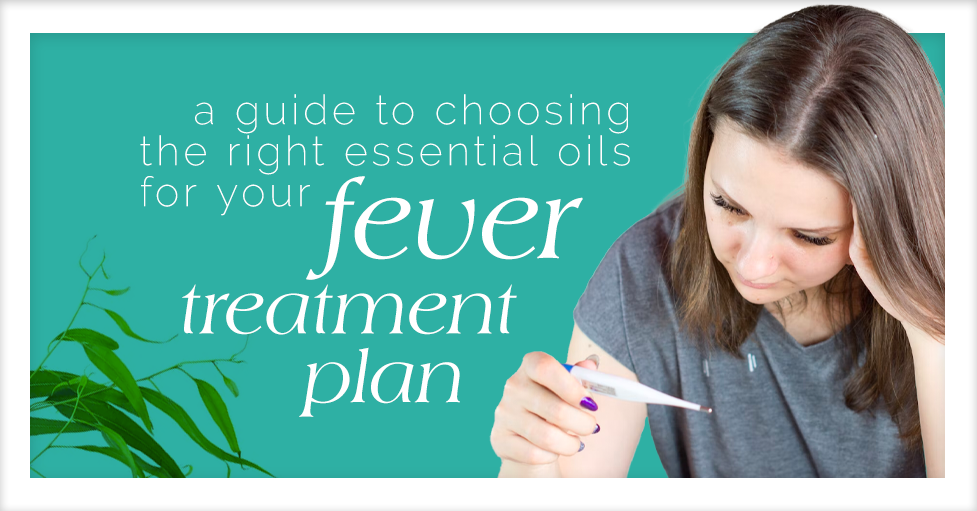

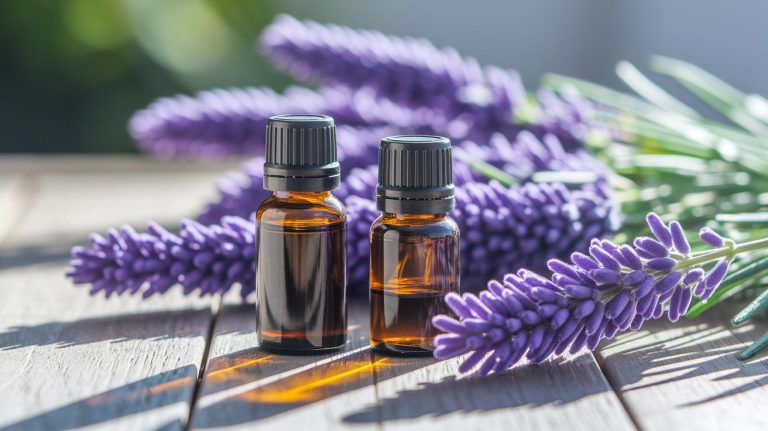




Very useful! It feels miserable when you’re in bed sick all day.
I have been learning more about essential oils and it is amazing everything that they can help with
I had no idea you could use essential oils for fever relief – thanks for sharing!
Very useful information. Thank you for sharing.
Very interesting. I did not know that one could treat a fever with essential oils.
Interesting, I know a lot of cultures ingest herbal teas to combat illness, but I would have never thought about oils. ????
I always drink peppermint tea or chamomile tea when I’m sick, I would love to give essential oils a try.
I’ve heard green tea oil is good for the gums also. I’ve got to give essential oils a try.
Wow this is really interesting I had no idea it could also help with fever
Wow this is so interesting… I had no clue essential oils could do this!!
I like the idea of putting essential oils into my bath and rubbing some on my body.
Great starting guide to learning more about essential oils and all of their benefits!
I’ll test this this winter.
Thanks for the guide
Thank you for a great guide!
Very informative. Added knowledge is an essential part of living .this article is another must read..thank you..????????????????????????
I had no idea they could help with fever!
Another excellent article, thanks!
wow, oils seem to be so useful
interesting
what an interesting read, will share the article with my friends
Great info. Thank you very much
thanks for writing such an detailed guide
I love Chamomile oil! I will try these next time I have a fever!
Essential oils are amazing. I was skeptical early on, but they really do chance your state of mind and well being depending on what you need.
I never would have thought that essential oils could help reduce the effects of a fever! Thanks for the great information!
So much great info. Thank you!
good info
Great information about an awesome product.
This is such great info
Will try
Really informative, wish I had known this when I had a fever with covid.
Thanks for the insights, will try it out.
Very interesting
Interesting info
thanks for the share, this was an interesting article
Thanks you for the info
Thank You
I learn something new ever time I read one of your post……… Would never have though of using oils for a fever
thanks for the information, I’ll keep it in mind for the next time I have a fever
When my kids were little I always used lavender oil when they were sick. Worked like a charm. I still use for myself. Now my daughter uses it with her kids.
Thanks you for the info
Thanks, that’s good to know, I’ll keep that in mind 🙂
Trouble is, it’s usually me with the fever and no energy to do anything!
Didn’t know about this. Maybe we’ll try this next time our kids have a fever. Thanks for sharing.
Amazing not only do they smell great I am learning so much about all the other things they can do for us.
What can’t essential oils do ?